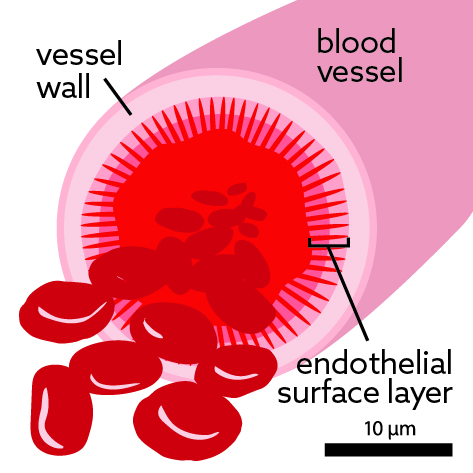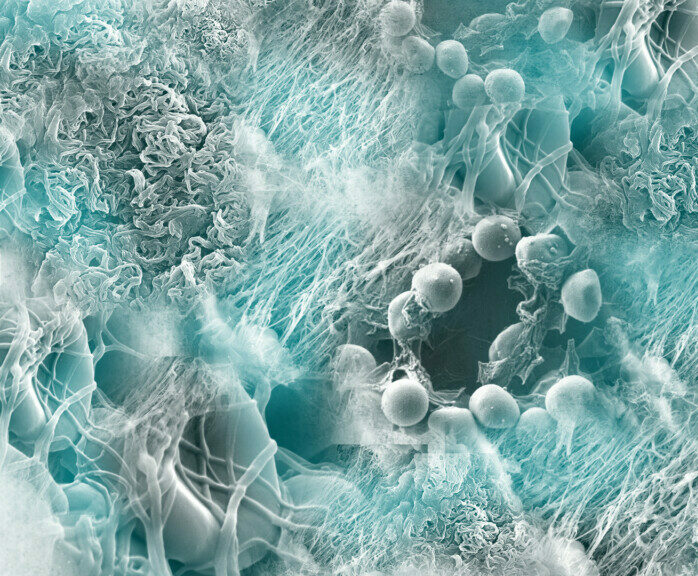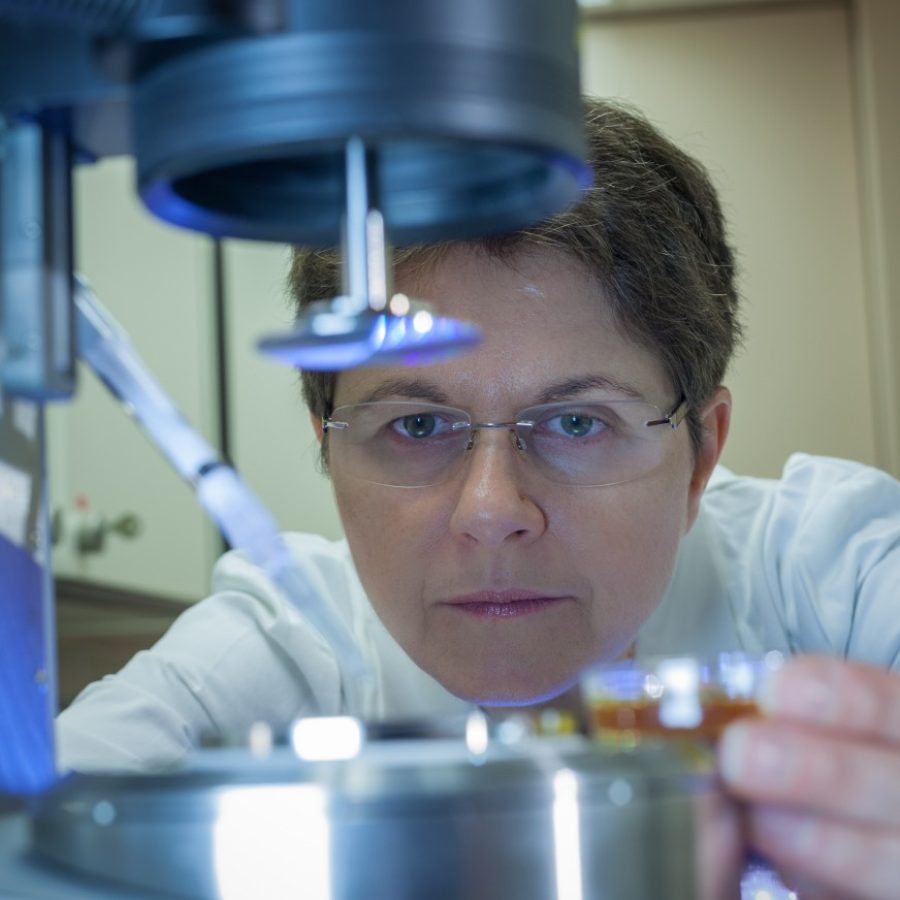RHEOLOGY
The Windberger lab is located at Medical University Vienna, Austria (Ursula´s ORCID: 0000-0002-5800-9089).
We handle with biological samples, including patient blood, and love to use animal blood to formulate structure-function relationships.
In addition, we think that the comparative approach is important to prove the validity of „universal“ statements obtained by examining only one species (human).
We test blood and blood clots, and deal with clinical and forensic questions.


